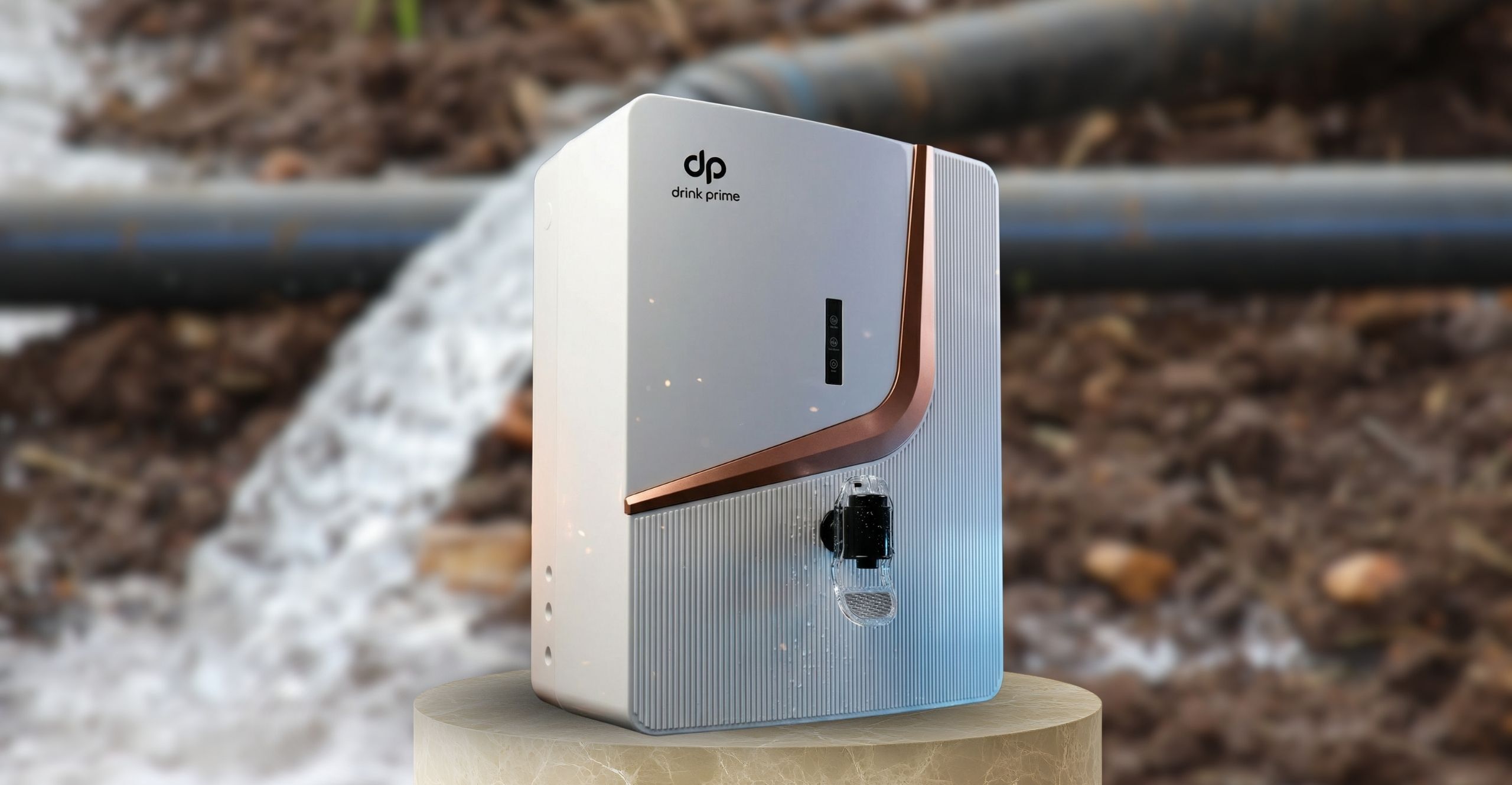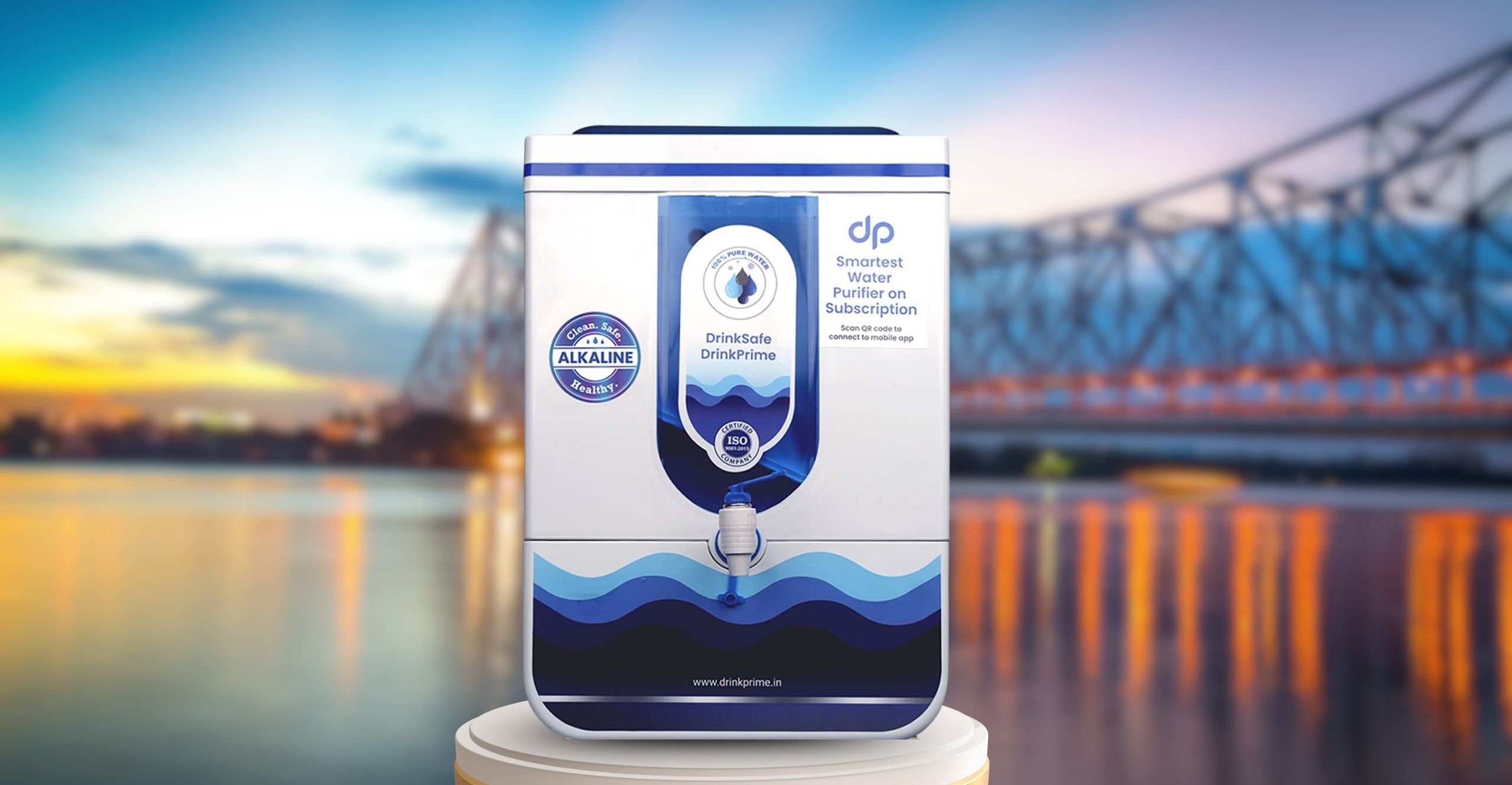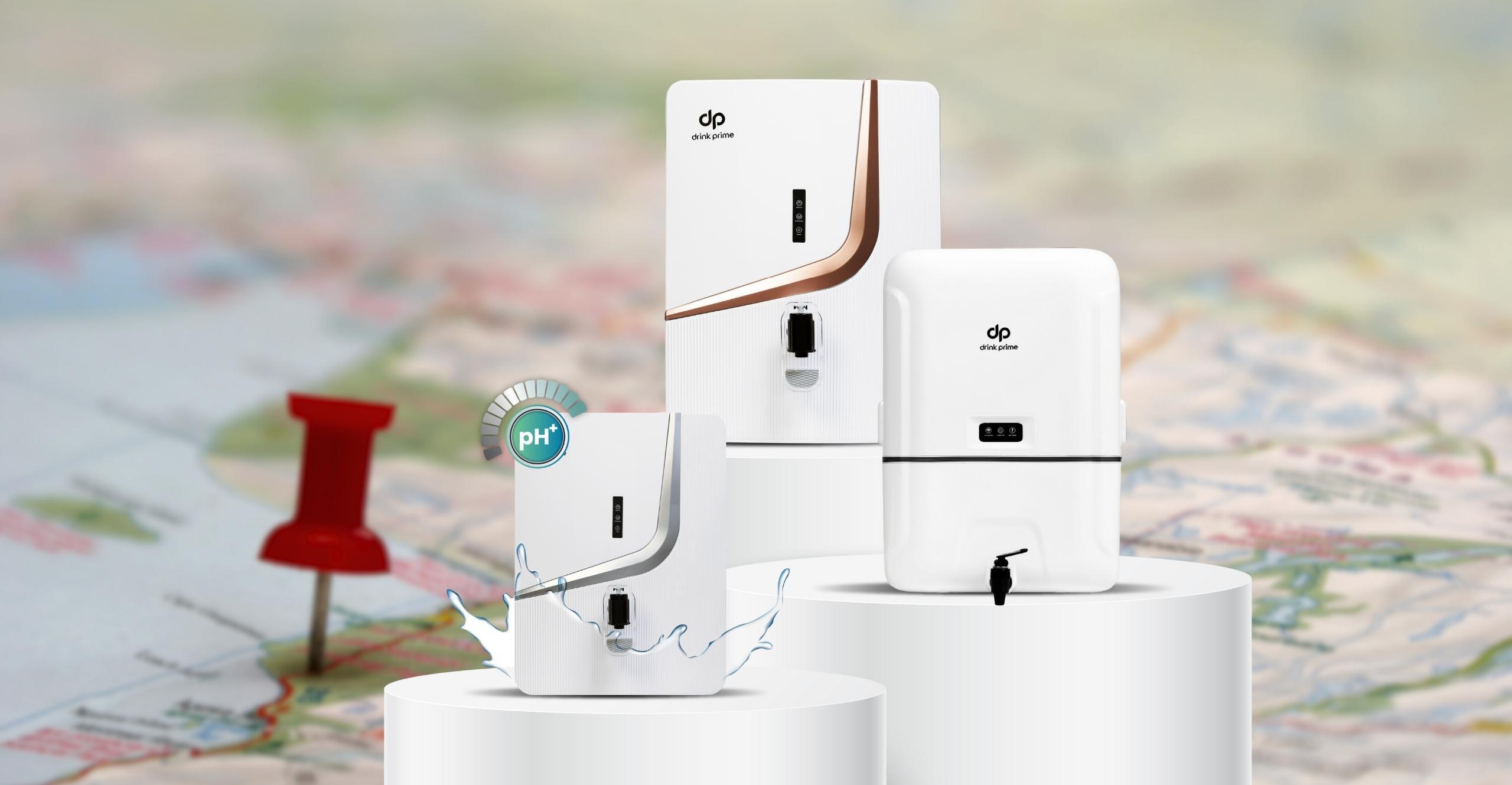As we are all aware, water is an essential part of our lives, and most of us rely on municipal systems to deliver clean, safe drinking water to our homes. But, sometimes water quality can significantly vary, depending on your location, environmental factors, and infrastructure. Most of the contaminants like lead, chlorine, pesticides, and microorganisms can occasionally find their way into the supply which leads to health risks.
Moreover, staying vigilant and informed about the tap water that you consume is essential. But are you wondering how? In this blog, we will uncover the associated risk of not drinking safe water and also we will guide you on how to access and safeguard the quality of your city’s water.
Factors Affecting City’s Water Quality and Safety
Population and Urbanization Pressures
In cities where the population is growing drastically, it often leads to over-extraction or depletion. Additionally, accidental events like industrial spills, and natural disasters like earthquakes or floods can hamper the safety of water and supply, leaving communities vulnerable to contamination and scarcity.
Pollution and Environmental Factors
Most of the chemicals, pesticides, and fertilizers from agricultural activities and industrial areas often contaminate water sources, which leads to a significant threat to water safety. Additionally, urban areas further contribute to pollution through rainwater runoff, which carries grease, oil, and other pollutants that affect the quality of water. Additionally, natural and climate factors such as geological deposits, droughts, floods, and other weather events can significantly impact water quality, which completely makes it a more difficult issue that requires comprehensive management.
Infrastructure and Governance
Many poorly maintained water treatment facilities and pipelines can seriously compromise the tap water quality by allowing contaminants to enter the supply chain. Moreover, strong policies and regulations, along with effective enforcement and public awareness are equally important to maintain high water quality standards.
How to Check Your City’s Water Quality?
Access your Water Quality Report
Every year, municipal water suppliers are required to provide a Consumer Confidence Report (CCR) or a similar document detailing the water’s source and any detected contaminants. Look for your city’s water report online or contact your local water authority.
Test Your Tap Water
If you have concerns about your tap water quality, then consider testing it yourself by purchasing home testing kits that are widely available and it can detect common contaminants like bacteria, chlorine, and lead.
Understand the Standards
Compare your water quality report or test results with the EPA’s maximum contaminant levels (MCLs) to ensure your water meets safety standards. If it exceeds these levels, take immediate action.
Simple Steps to Protect Yourself
Install a Water Filtration System
Select a good water purification or filtration system for safe drinking water. Choose a good water purifier that fits your needs. You can also choose from various options like pitcher filters, faucet-mounted filters, or whole-house systems.
Maintain Your Plumbing Regularly
Make sure to replace old pipes, especially those made of lead, and clean faucets and aerators to prevent the building up of debris and bacteria.
Boil Water During Emergencies
Boiling kills harmful bacteria, viruses, and parasites. Bring water to a boil for at least one minute.
For optimal cases, consider choosing the DrinkPrime water purifier water purifier for a reliable and efficient water filtration solution.
Get 7 Days Risk Free Trial
Conclusion
In conclusion, safe drinking water is the most important factor for health. Additionally, several factors like pollution, infrastructure, and environmental changes can affect the quality of water. Therefore, it is important to stay up to date with water quality reports and test your tap water on a regular basis. Moreover, make sure to install a trusted filtration system like DrinkPrime, to make sure you have access to safe drinking water, and keep you and your family safe from all the potential dangers.




